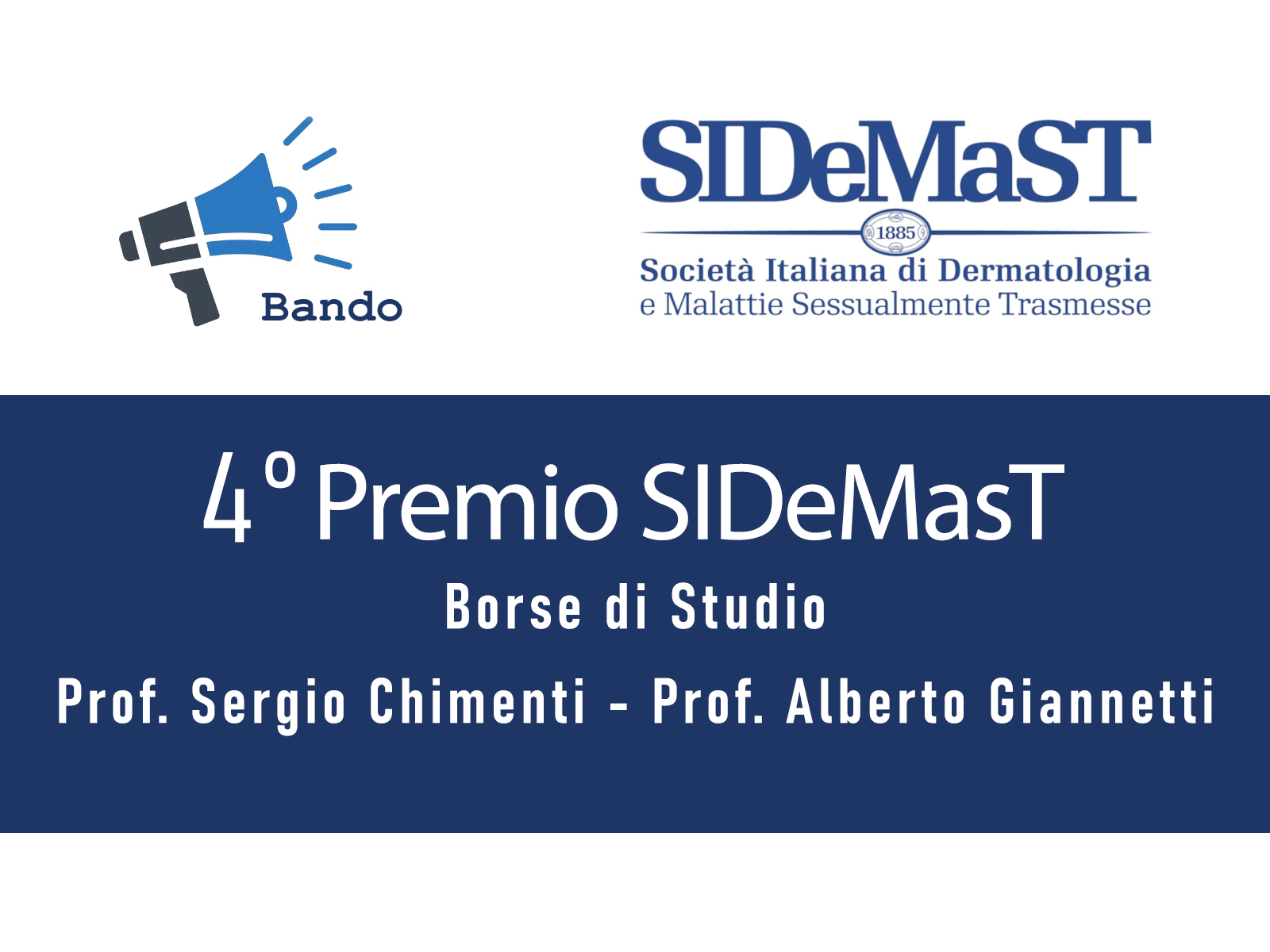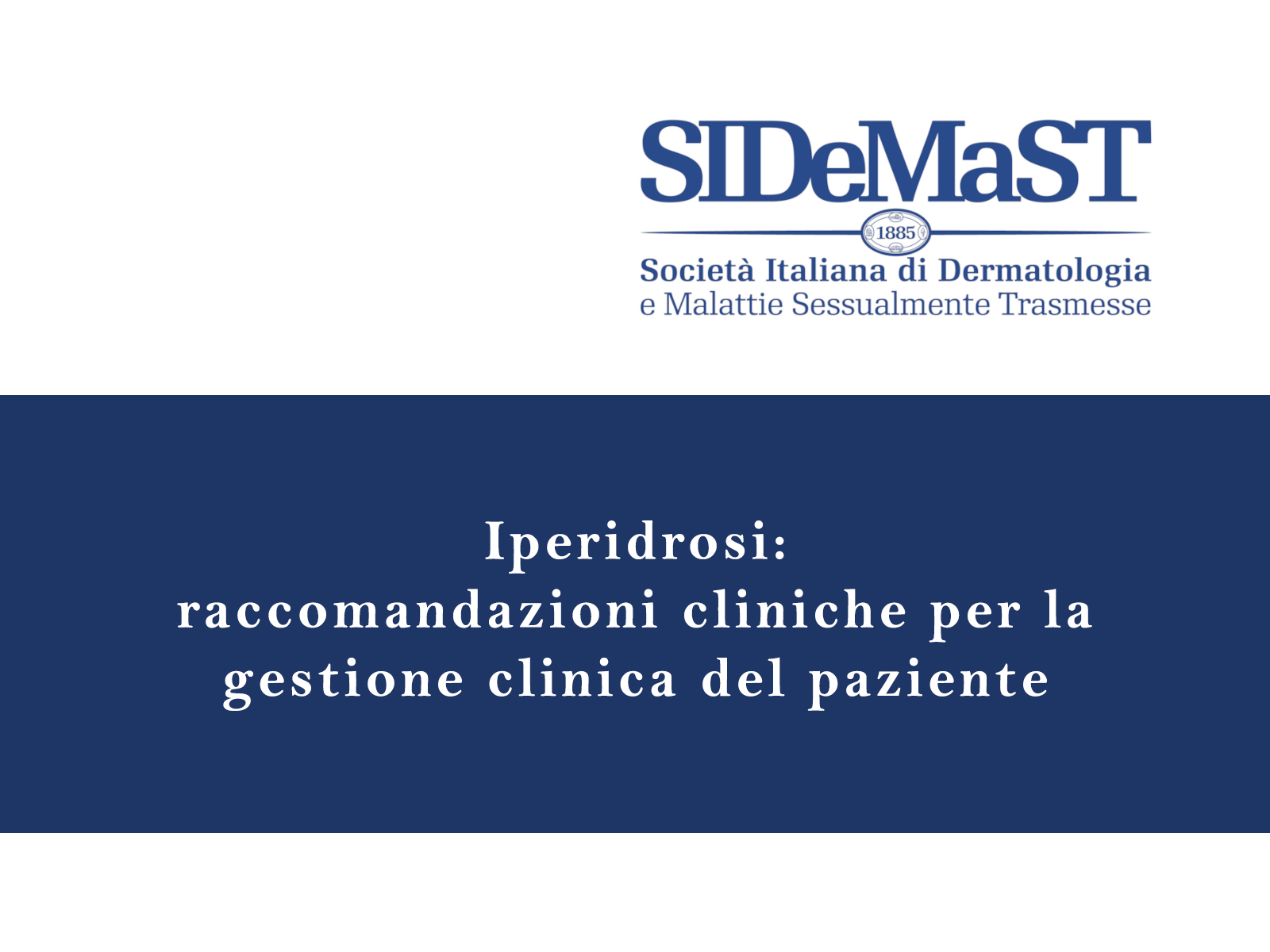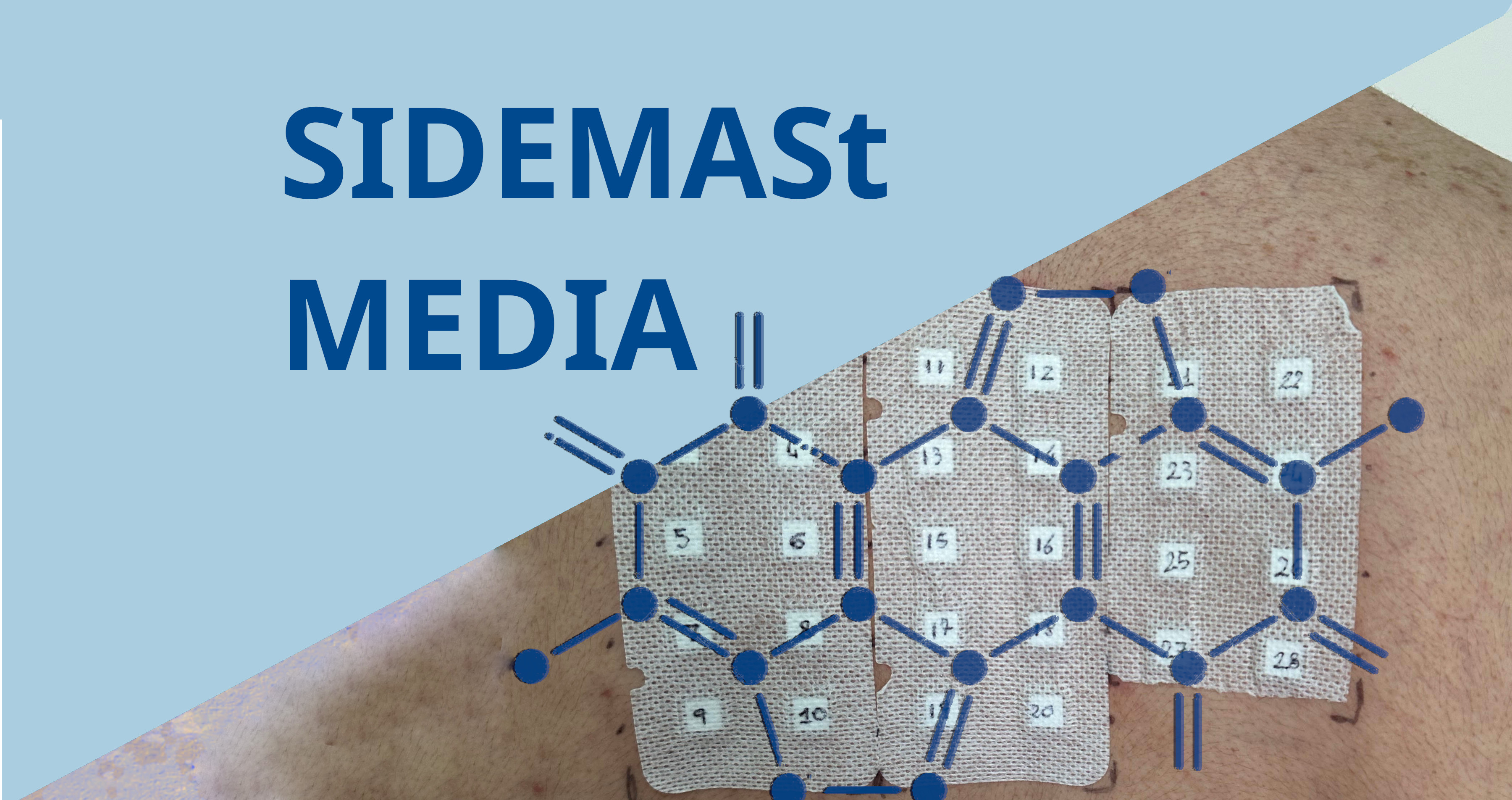A transplant conditioning regimen that includes high-dose chemotherapy and whole body radiation improves survival in patients with scleroderma, according to a study published in the New England Journal of Medicine (NEJM).
"Scleroderma hardens the skin and connective tissues and in its severe form leads to fatal organ failure, most often the lungs" said lead author Keith Sullivan, MD, Duke University, Durham, North Carolina. "In these severe cases, conventional drug therapies are not very effective long-term, so new approaches are a priority."
Earlier publications suggested that stem cell transplant might be a viable treatment, using less intensive treatment without irradiation. These studies showed that reduced-intensity stem cell transplant improved survival, but the disease often returned and patient safety remained a concern. As a result, conventional immunosuppressive drug treatment remained the standard of care in the United States.
In the current study, the researchers developed a transplant conditioning regimen that included high-dose chemotherapy plus whole-body radiation to fully wipe out the patient's defective immune-forming system, with the aim of improving survival and diminishing the effects of the disease. They limited radiation by shielding patients' kidneys and lungs while repopulating the blood and immune system.
A total of 75 patients with scleroderma were randomised to receive chemotherapy and whole-body radiation, with or without stem cell transplant. Patients who didn't receive a transplant received 12 monthly intravenous injections of cyclophosphamide.
The study was conducted over a 10-year period at 26 universities in the United States and Canada. The primary study endpoint at 54 months was a global rank composite score based on a hierarchy of scleroderma features including survival, organ function, quality of life, and skin hardening.
By study endpoint, fewer transplant recipients resumed use of anti-scleroderma drugs (9% vs 44%).
Overall survival at 72 months was 86% in the transplant group versus 51% in the control group.
"These results show that individuals with poor-prognosis scleroderma can improve and live longer and that these advances appear durable," said Dr. Sullivan.
Treatment-related mortality at the study endpoint of 54 months was 3% in the transplant group and 0% in the control group. In the short term, transplant recipients also had more serious side effects, such as low blood counts and infections.
"Patients and their doctors should carefully weigh the pros and cons of intensive treatment with stem cell transplant, but this may hopefully set a new standard in this otherwise devastating autoimmune disease," said Dr. Sullivan. "These advances show the value of medical research and clinical trials in finding better therapies to advance health."
SOURCE: Duke Health










